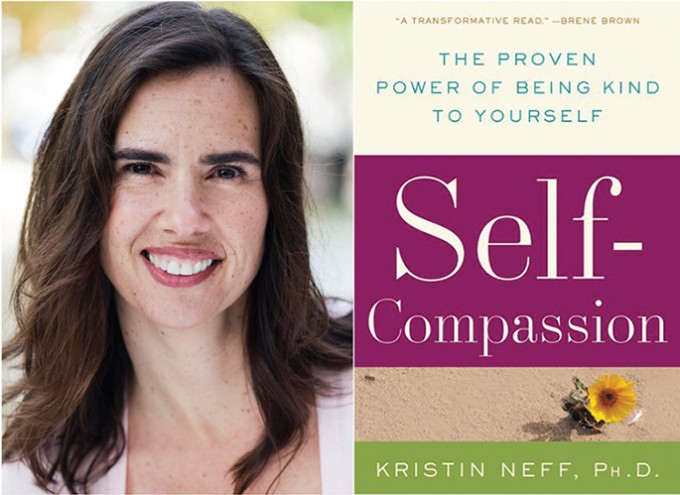Nursing Book Club
Self-Compassion: The Proven Power of Being Kind to Yourself by Kristin Neff, PH.D.
How to stop criticizing yourself and deal more constructively with mistakes

As nurses, we’re good to our patients, but hard on each other and — according to author Kristin Neff, Ph.D. — hardest on ourselves.
In her 2011 book Self-Compassion: The Proven Power of Being Kind to Yourself, Neff explains that self-criticism plays an important role in our culture because it “ensures acceptance within the larger social group.”
For example, if we say to ourselves or tell someone else that we’re being dumb before they have a chance to say it to us, we can avoid or deflect external criticism. That way, we help to ensure that we get to stay in the group or on the team.
I witnessed an illustration of this idea when a colleague confided to me that she’d made a medication error. She was so distraught that she told me she was thinking of leaving nursing altogether. Not only did she feel that she could not forgive herself, she believed the rest of the staff would see the mistake in an even worse light.
Most of us have felt this way at one time or another, even though the real-world reactions of others are seldom as bad as we fear. After all, who among us has never made a mistake? In most cases, if another nurse made a mistake, wouldn’t you encourage them to acknowledge it, fill out the paperwork, speak with the supervisor and move on?













